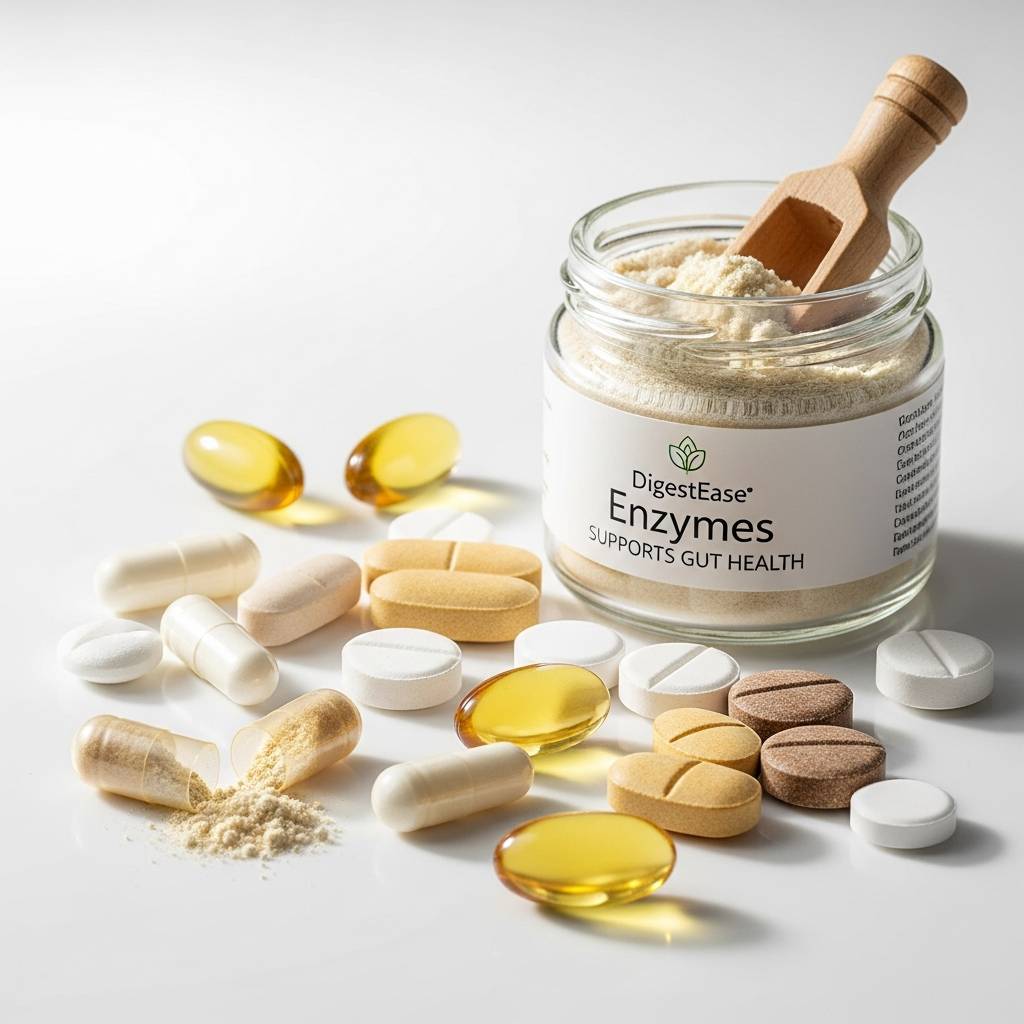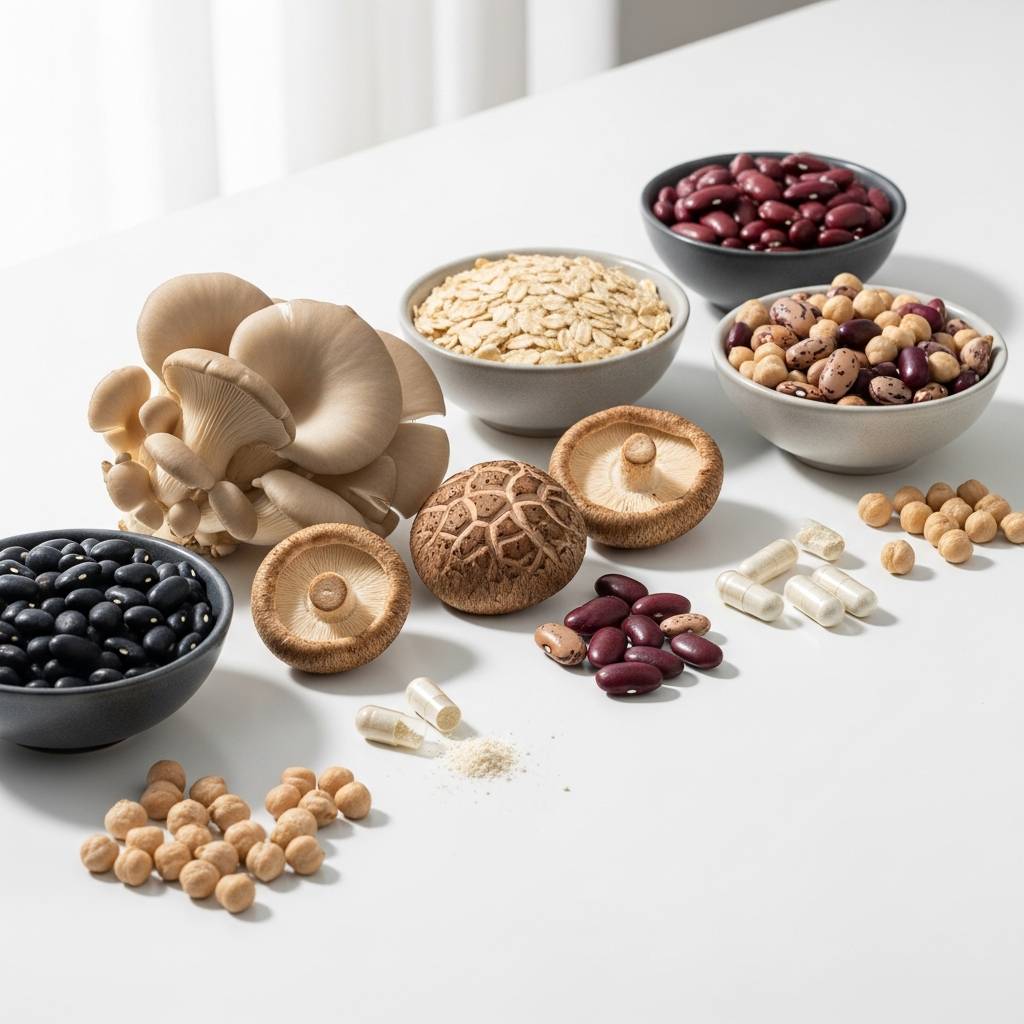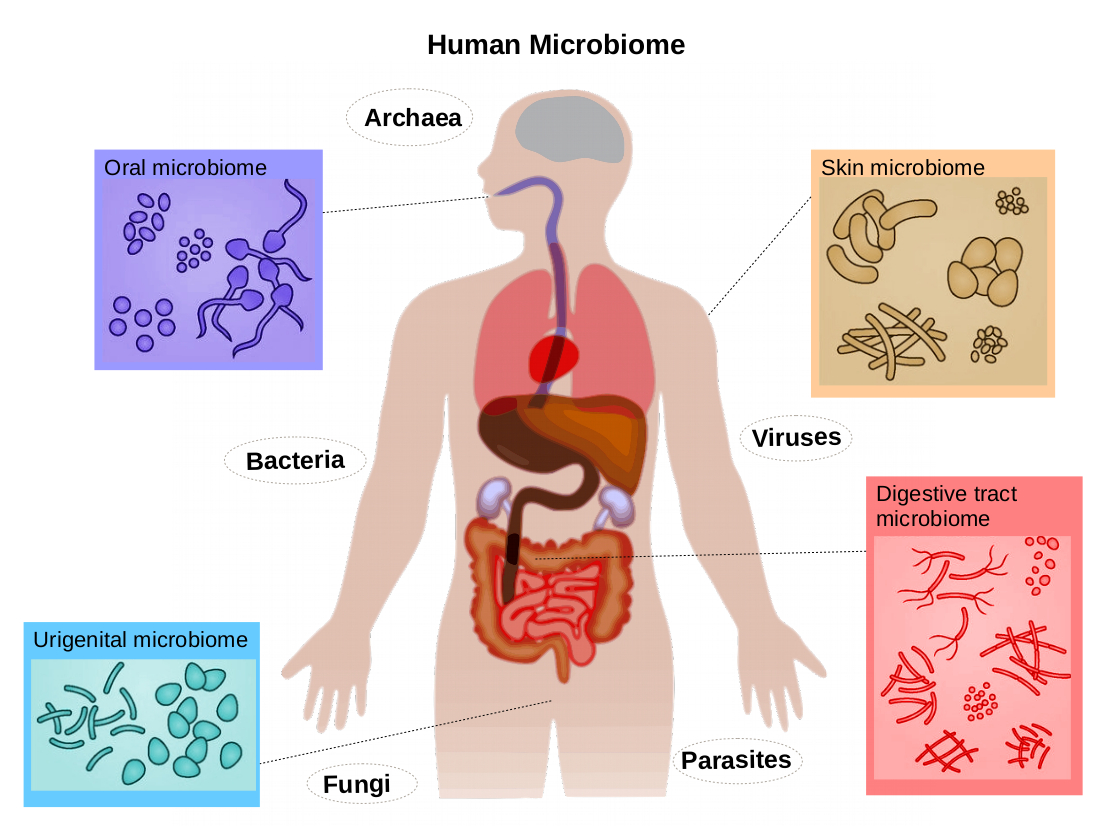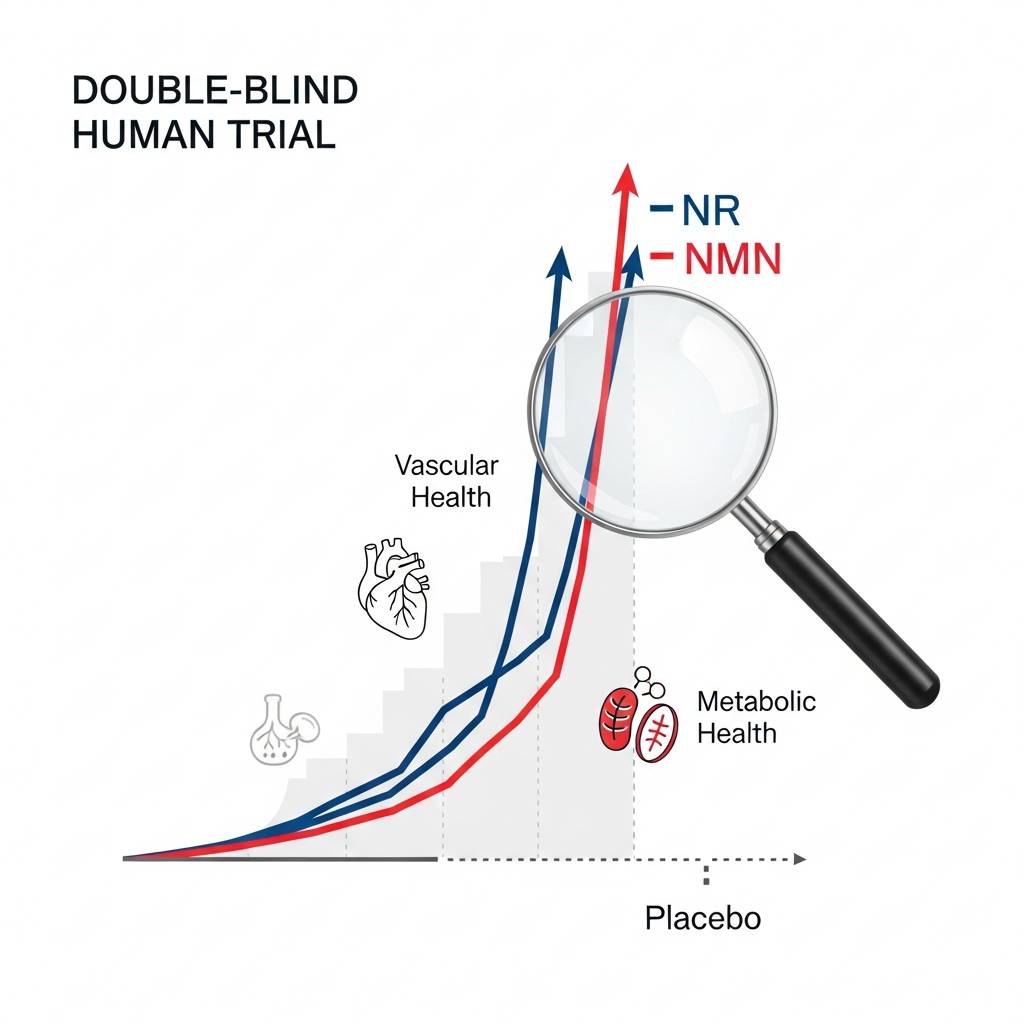Recently, one category of supplements has moved from niche to mainstream conversation: beef organ supplements. Once dismissed as “strange” or “old-fashioned,” organ meats are now being rebranded as superfoods that carry unmatched nutrient density. The idea of consuming beef liver, kidney, heart, or spleen in capsule form might sound unusual to the uninitiated, but in 2025, it has become part of a larger trend toward “ancestral nutrition.”
Why now? Modern consumers are increasingly skeptical of synthetic multivitamins and ultra-processed foods. They want whole-food derived nutrition, but without the barriers of taste, preparation, or cultural resistance. Enter beef organ supplements—a product that blends tradition with convenience, promising the benefits of nutrient-rich organ meats in a form that even the most reluctant eater can tolerate.
But as with any supplement, questions remain: Do these capsules really work? Are they safe for everyone? And how do they compare with just eating organ meats directly? This article takes a deep dive into the science, culture, risks, and future of beef organ supplements.
A Brief History of Organ Meats in Human Nutrition
To understand why beef organ supplements are gaining popularity, it helps to revisit the history of organ meat consumption. For thousands of years, traditional cultures around the world practiced what we now call “nose-to-tail” eating. This philosophy was not only about sustainability but also about recognizing that organ meats carried concentrated nutrition essential for survival.
Examples of this practice include:
-
Indigenous tribes in North America consumed buffalo liver and heart immediately after a hunt, often raw, believing these organs conferred vitality and courage. This was a practical and spiritual act, ensuring no part of the animal was wasted and its life force was honored.
-
In Europe, liver pâté, blood sausages, and kidney pies were staple foods until the 20th century. These dishes were celebrated for their flavor and were a practical way to use all parts of the animal, providing crucial nourishment to communities.
-
In Asia, soups and tonics made with liver, kidney, or bone marrow were considered medicinal, particularly for postpartum women or those recovering from illness. These recipes were passed down through generations, embodying a deep understanding of food as medicine.
Ironically, it was only in modern times—when industrial food systems emphasized lean cuts of muscle—that organ meats fell out of favor. By the mid-20th century, “offal” had developed a stigma in many Western countries, associated with poverty or undesirable flavors. Yet in regions where traditional diets persist, such as Africa or South America, organ meats remain everyday food.
The rise of beef organ supplements today is, in many ways, a revival of old wisdom—but packaged for modern convenience.
What Exactly Are Beef Organ Supplements?
At their core, beef organ supplements are freeze-dried and powdered animal organs, encapsulated or blended into powders. Unlike synthetic vitamins that isolate specific compounds, these supplements deliver nutrition in a complex matrix similar to real food. This means the nutrients are presented in a form that the body recognizes and can utilize efficiently.
The most common organ sources include:
-
Liver – extremely nutrient-dense, rich in vitamin A, iron, B vitamins (especially B12), and copper. It’s often called "nature's multivitamin" for good reason.
-
Heart – a muscle meat and a fantastic source of CoQ10, a coenzyme essential for mitochondrial and cardiovascular health. It's also high in B vitamins and iron.
-
Kidney – a source of selenium, vitamin B12, and unique peptides linked to immune health and detoxification processes.
-
Spleen – a potent source of heme iron and compounds supporting blood health and immune system function.
-
Pancreas – contains digestive enzymes like lipase and protease, which can support overall digestion.
-
Adrenal Glands – often included in blends and marketed as supporting stress and hormone balance, based on the principle of "like-supports-like."
Most high-quality products emphasize grass-fed, pasture-raised cattle, as this ensures a better nutrient profile in the organs themselves. These products are then freeze-dried at low temperatures to preserve fragile nutrients and enzymes that would be destroyed by conventional heat processing. Capsules are favored for convenience, while powders appeal to those who prefer smoothies or flexible dosing.
Nutritional Benefits in Depth
The label “nature’s multivitamin” is often applied to organ supplements, and while catchy, it’s worth unpacking what this means.
1. Micronutrient Density and High Bioavailability
Beef organs provide nutrients in highly bioavailable forms, meaning the body can absorb and use them with exceptional efficiency:
-
Vitamin A (Retinol) – unlike beta-carotene from plants, retinol is directly usable by the body. It's critical for vision, skin health, and a robust immune system.
-
Vitamin B12 – vital for red blood cell production, DNA synthesis, and neurological function. Deficiency is widespread, particularly among vegetarians, vegans, and older adults.
-
Iron (Heme Iron) – far more absorbable than plant-based iron, reducing fatigue and supporting oxygen transport throughout the body.
-
Zinc and Copper – these minerals are crucial for enzyme function, hormone production, and immune regulation, and they are present in a balanced ratio in beef organs.
2. Energy, Vitality, and Athletic Performance
Athletes and busy professionals are drawn to organ supplements for their impact on stamina and recovery. B vitamins aid energy metabolism, while iron helps prevent anemia-related fatigue. Heart-derived CoQ10 supports mitochondrial efficiency, which is the powerhouse of every cell and crucial for sustained energy. Some users report faster recovery times, reduced muscle soreness, and an overall feeling of increased vitality.
3. Hormonal and Stress Support
Adrenal gland extracts are often included in blends. While clinical data is limited, proponents argue that these tissues contain peptides and cofactors that may support stress resilience and HPA axis function. The idea is that these concentrated nutrients can provide the building blocks needed to help the body manage stress more effectively.
4. Immune Function and Blood Health
Organs like the spleen and kidney are rich in compounds thought to aid immune defense. For instance, spleen extracts have been used in experimental medicine for immune modulation, as they contain unique proteins and peptides that can support a healthy immune response. The high heme iron content in spleen is also essential for maintaining healthy blood hemoglobin levels and preventing anemia.
5. Brain and Cognitive Health
Nutrients like choline (a precursor for acetylcholine, a key neurotransmitter) and vitamin B12 are critical for memory and focus. Some users report sharper mental clarity, improved concentration, and a reduction in brain fog after consistent supplementation, suggesting a powerful synergistic effect on neurological function.
Why 2025 Consumers Are Embracing Organ Supplements
The surge in popularity isn't simply about nutrition—it's also about a new kind of lifestyle identity.
-
The Paleo and Carnivore Movements – Online communities have popularized the concept of eating “like our ancestors,” where organ meats are considered essential. This is not just a diet but a rebellion against the modern, highly processed food system.
-
Sustainability and Ethical Eating – Using the whole animal aligns with environmentally conscious values, reducing waste and honoring the animal. Consumers feel they are part of a solution, not just a problem.
-
Influencer Culture – Figures like the “Liver King” have played a controversial but undeniable role in bringing organ meats into the mainstream conversation. Their bold and unconventional approach has captured public attention and curiosity.
-
Dissatisfaction with Multivitamins – Many consumers report not “feeling” any benefits from synthetic pills. In contrast, organ supplements are often described as producing tangible effects like more energy, improved skin, or better digestion, which creates a more compelling user experience.
Risks and Controversies
While there are compelling benefits, these supplements are not universally safe or beneficial.
1. Vitamin A Toxicity
The liver is so rich in vitamin A that excessive intake can lead to toxicity, a condition known as hypervitaminosis A. Symptoms range from nausea and headaches to severe liver damage. Pregnant women are particularly at risk, as high doses can cause birth defects. It is crucial to monitor dosage and consult with a healthcare professional, especially if you also consume other Vitamin A-fortified foods.
2. Iron Overload
For individuals with genetic conditions like hemochromatosis, excess heme iron may cause organ damage. Even in healthy people, over-supplementation could create imbalances and lead to oxidative stress. It is a powerful nutrient that must be respected.
3. Cholesterol and Purines
Organ meats are higher in cholesterol and high purine content can trigger gout attacks in susceptible individuals. Those with a history of gout or cardiovascular concerns should approach these supplements with caution.
4. Lack of Regulation
Unlike prescription drugs, dietary supplements are lightly regulated in most countries. Quality can vary drastically between brands, making third-party testing crucial. Without this, you may be getting a product with poor sourcing, inaccurate dosages, or even contaminants.
5. Limited Clinical Trials
Despite centuries of traditional use, modern randomized controlled trials on organ supplements are scarce. Most evidence remains anecdotal or based on nutrient composition rather than direct health outcomes, making it difficult to fully validate their health claims.
Consumer Experiences: The Good and the Bad
A look at online communities reveals a wide range of experiences:
-
Positive Reports: More sustained energy, better skin tone, improved digestion, and reduced sugar cravings. Some athletes credit organ supplements with faster recovery times and better performance.
-
Negative Reports: Fatigue, digestive discomfort, or headaches. A small group reports unusual reactions, like changes in body odor or sleep disruption.
These varied accounts highlight that biological individuality matters. What works as a powerful boost for one person may overwhelm another.
How to Choose the Right Supplement
For consumers exploring this category, the following checklist is essential:
-
Grass-Fed, Pasture-Raised Sources – Avoid grain-fed or factory-farmed origins, as the nutrient profile will be inferior.
-
Freeze-Dried, Not Heat-Treated – This process preserves delicate vitamins and enzymes.
-
Transparent Labeling – The brand should fully disclose all organ sources and dosages.
-
Third-Party Testing – Look for Certificates of Analysis to verify purity and potency, ensuring the product is free from heavy metals or contaminants.
-
Blends vs. Single Organs – Decide whether a broad-spectrum mix or a targeted supplement (like liver only) suits your needs.
-
Start Small – Begin with a few capsules per week, adjusting based on tolerance and how your body responds.
Market Outlook: The Future of Beef Organ Supplements
The global supplement industry surpassed $170 billion in 2024, and organ-based supplements are one of the fastest-growing subcategories. Analysts expect double-digit growth in 2025, particularly in North America, Europe, and emerging Asian markets.
Key factors fueling this growth include:
-
Premiumization – Grass-fed, organic, and “ancestral” labels command higher prices, appealing to a consumer base willing to pay for perceived quality.
-
Athlete Adoption – Endurance and strength athletes are increasingly turning to organ blends for recovery and performance.
-
Personalized Nutrition – Companies are developing blends tailored to gender, age, or specific health goals (e.g., “women’s vitality organ blend” or “cognitive support formula”).
-
E-commerce Expansion – Direct-to-consumer brands dominate this space, leveraging social media storytelling to build trust and a loyal community.
However, challenges remain. Regulatory scrutiny may increase, especially if adverse events are reported. Brands will need to invest in clinical research to validate claims and distinguish themselves from low-quality competitors.
Beef organ supplements represent a fascinating mix of old and new—ancient nutrition made accessible through modern technology. They offer dense, bioavailable nutrition, convenience, and alignment with sustainable eating practices. For many, they fill gaps left by standard diets and synthetic multivitamins.
Yet, they are not a one-size-fits-all solution. Risks like vitamin A toxicity, iron overload, and quality inconsistencies mean consumers should proceed with caution. The best outcomes likely come from mindful supplementation—choosing high-quality sources, starting slow, and personalizing intake.
As 2025 unfolds, beef organ supplements will likely remain both praised and debated. They reflect broader consumer desires for authenticity, whole-food nutrition, and reconnection with ancestral wisdom. Whether they become a staple or a passing trend, they have undeniably reshaped how we think about the link between tradition and modern health.






